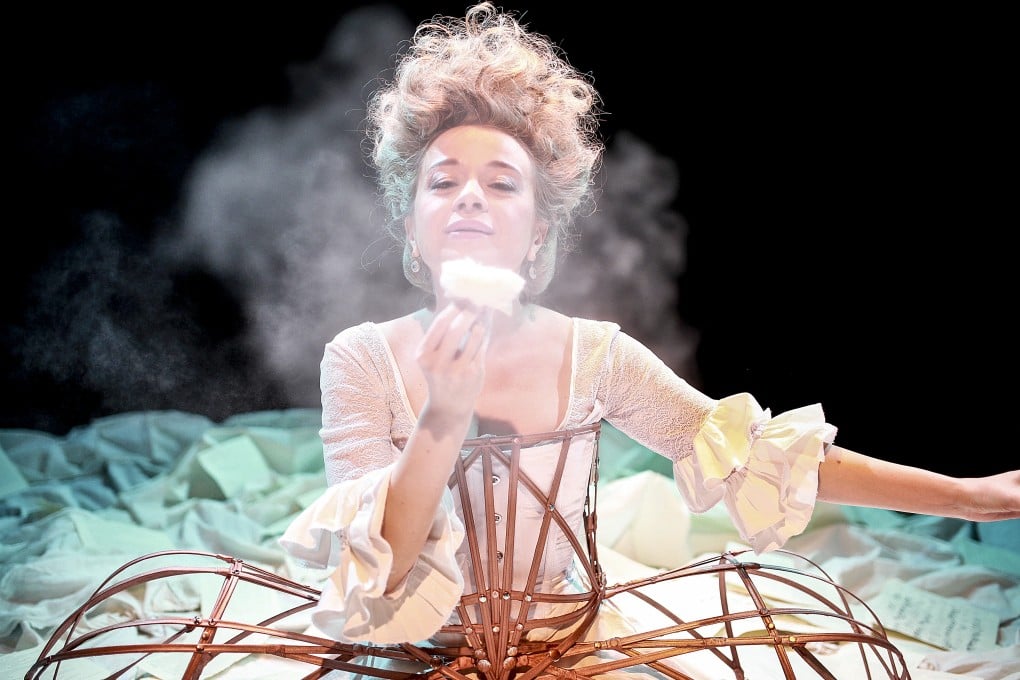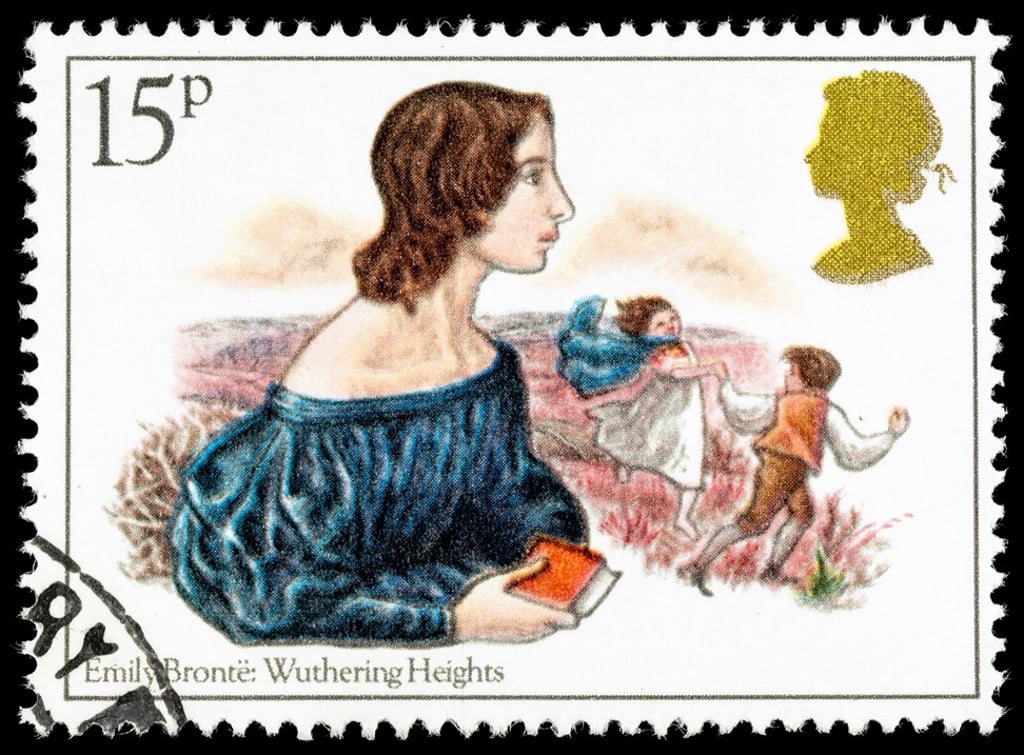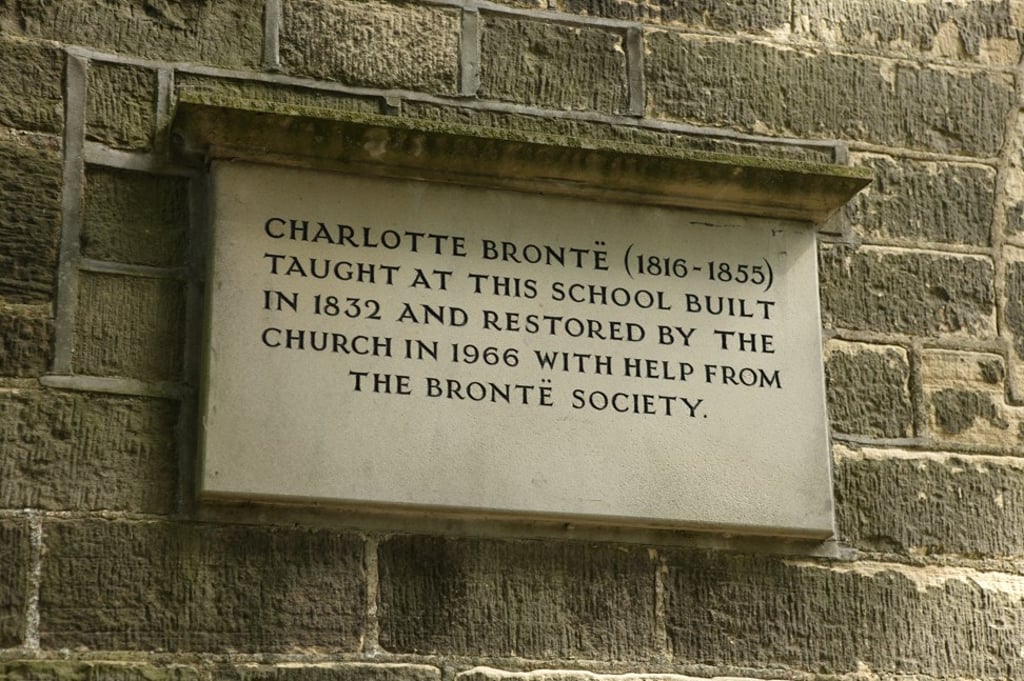Was Mozart’s sister the real genius in the family? Siblings of famous – and infamous – artists revealed
- Anne Brontë’s literary genius eclipsed by sisters Emily and Charlotte, while US actor Edwin Booth’s career tainted when brother John murdered Abraham Lincoln
- Composer Fanny Mendelssohn was another unsung talent – like Maria Anna Mozart, whose life is focus of acclaimed play, ‘The Other Mozart’, in Hong Kong

Society can be a cruel judge of artistic merit. History abounds with examples of artists, actors, musicians and writers dying in poverty only for the world to realise years later that their ideas were ahead of their time.
Yet perhaps even more unjust is when the blame for an artist’s obscurity lies much closer to home: when his or her brilliance is overshadowed by an even more famous sibling.
Anne Brontë
Emily Brontë, who wrote Wuthering Heights, with its famously dark characters Cathy and Heathcliff, and Charlotte Brontë, who wrote Jane Eyre with its Byronic hero who looks past the heroine’s uncomely looks to the ardent heart within, are literary legends. But many may not be aware that there was a third Brontë sister, Anne.

This relatively unknown sister wrote The Tenant of Wildfell Hall and Agnes Grey, both considered as masterpieces of Victorian literature by a growing number of literary scholars. But Anne’s rise to fame was, perhaps, doomed from the start, because of the near-simultaneous publication of Jane Eyre, Wuthering Heights and Agnes Grey.
Wuthering Heights took up two volumes of the standard triple-decker format of the time, while Anne’s tale made up the third. Emily’s novel, with its dark depictions of mental and physical cruelty, polarised opinions and grabbed all the attention. Agnes Grey, a tale of quiet suffering, endurance and realism, earned little of the glory.
